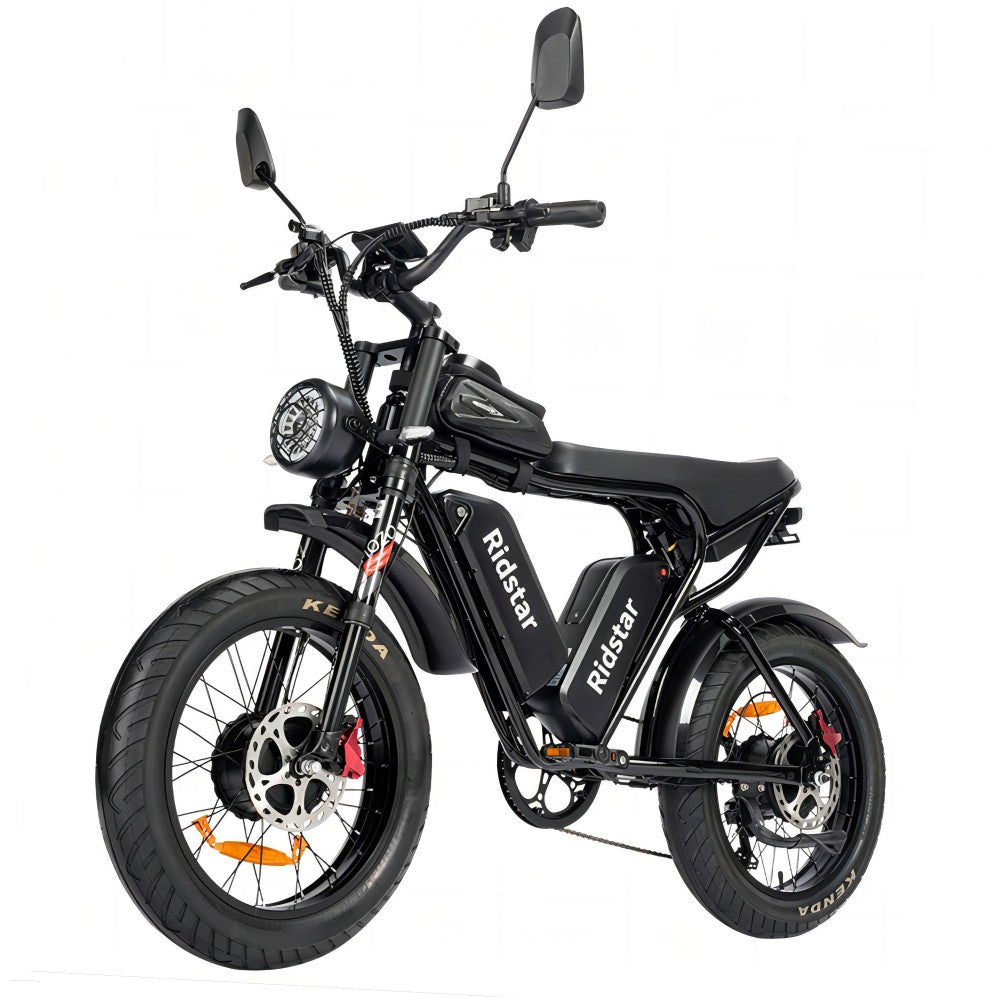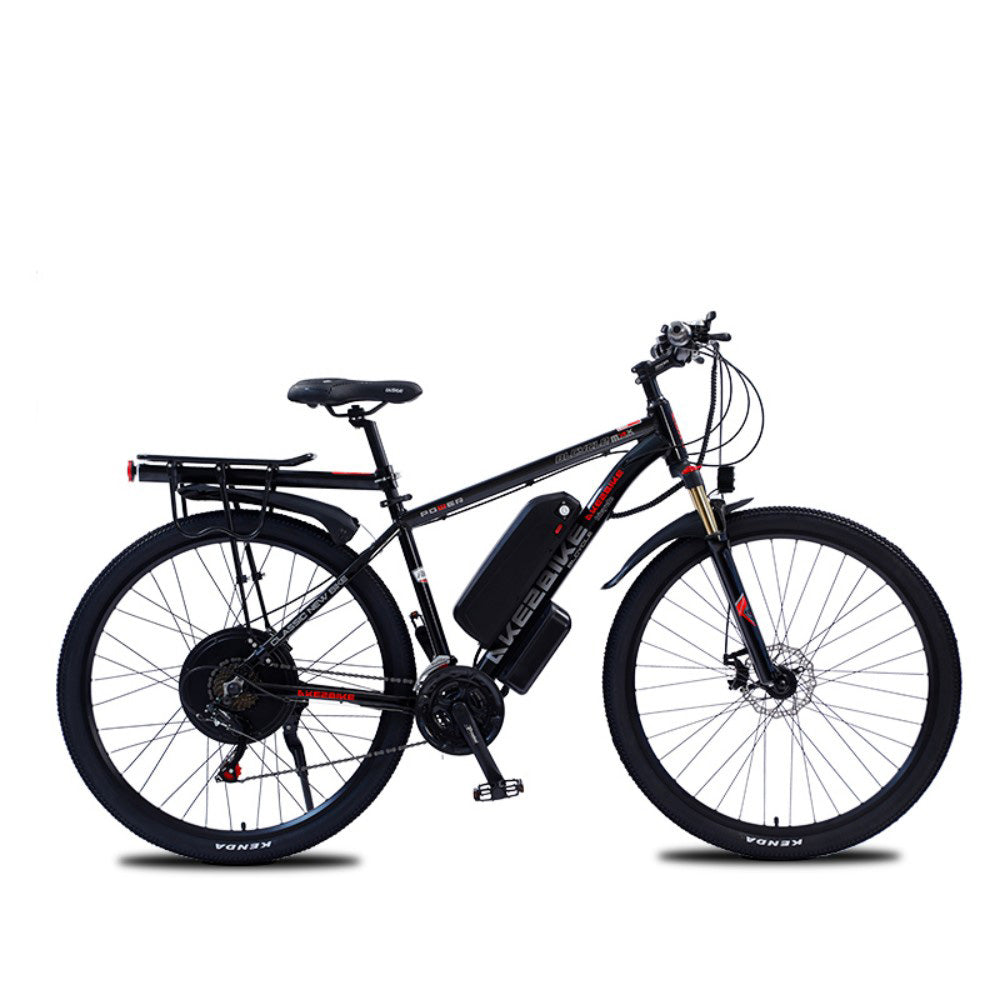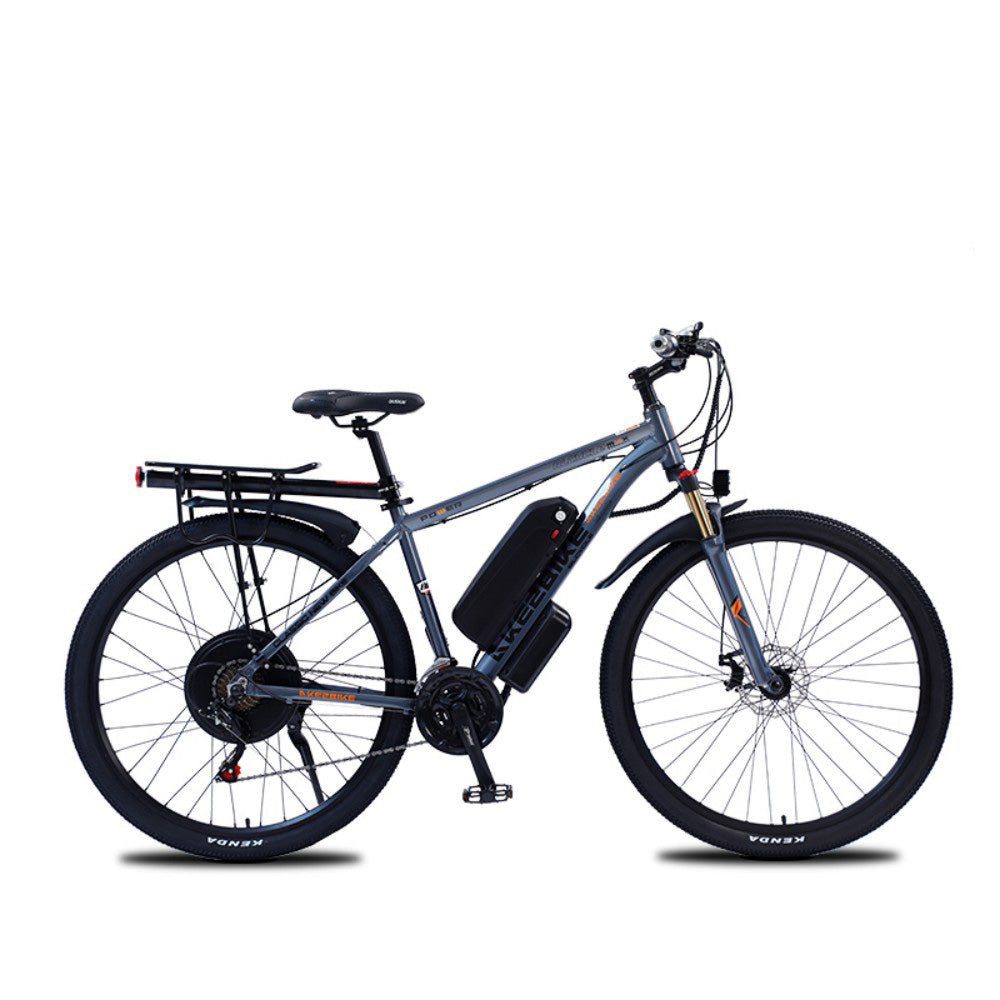Transport for London (TfL) has officially banned non-folding electric bikes—including modified ones—from its entire tube, DLR, and overground rail network. Violators could face fines of up to £1,000.
According to BBC and Reuters, the ban comes in response to a sharp increase in fires caused by lithium batteries in e-bikes, especially those modified with uncertified or overcharged batteries. Authorities describe these modified e-bikes as "mobile firebombs" threatening public safety.
Although most e-bikes are considered safe, incidents involving non-folding models catching fire aboard public transport have raised serious concerns. Data from the London Fire Brigade shows there has been an average of one e-bike or e-scooter fire every two days, with modified e-bikes posing the highest risk.
As of July 2025, 299 e-bike fires have been reported in London since 2023, resulting in 3 deaths and over 100 injuries. In January alone, 14 such incidents occurred. A major fire at Ravenscourt Park Station earlier this year was traced to a modified e-bike whose battery ignited and spread to flammable materials, halting train operations.
In another alarming case, a passenger’s e-bike suddenly emitted thick smoke while onboard, then exploded seconds later due to battery combustion—underscoring the severity of the risk.
The London Fire Brigade emphasized that while micromobility devices offer eco-friendly transport, e-bike fires are often sudden, intense, and emit toxic smoke. Moreover, transit staff cannot reliably distinguish between factory-built and modified bikes. This has led to a temporary blanket ban as a precaution.
Some industry voices argue that folding e-bikes also use lithium batteries and could pose similar risks. However, TfL counters that due to their compact design, folding e-bikes are harder to modify, and have so far recorded zero fire incidents. The current policy is based on real-world risk data and may be updated when national regulations and safety standards for modified e-bikes are in place.
















